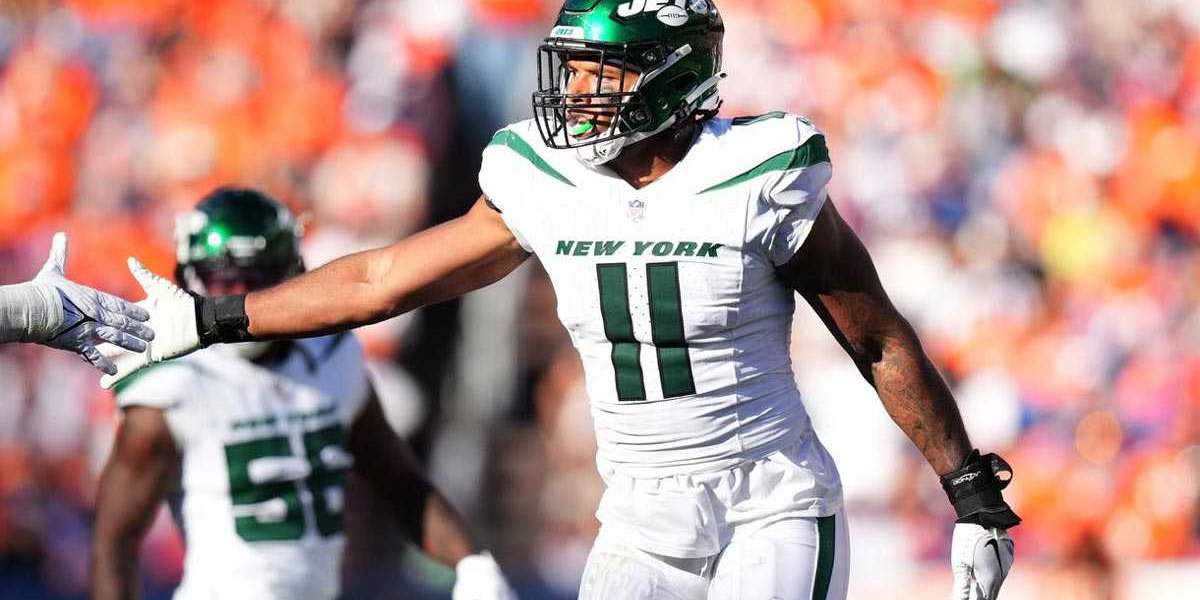Revocable trusts have become an increasingly popular estate planning tool. They offer numerous advantages, including the ability to avoid probate, manage assets during incapacity, and maintain privacy. But exactly who owns the property in a revocable trust? In this comprehensive guide, we will explore the intricacies of revocable trusts and shed light on this often perplexing question.
Understanding Revocable Trusts
To comprehend ownership within a revocable trust, we first need to grasp the concept of a revocable trust itself. A revocable trust, also known as a living trust, is a legal entity created by an individual, known as the grantor, to hold and manage their assets during their lifetime and distribute them to beneficiaries upon their passing.
The Grantor's Role
In a revocable trust, the grantor plays a central role. As the person who establishes the trust, they initially retain complete ownership and control over the trust's assets. They can make changes, add or remove assets, or even revoke the trust entirely.
Trustees and Beneficiaries
While the grantor maintains ownership initially, they also designate one or more trustees who manage the trust's assets according to their instructions. Additionally, beneficiaries are named to receive the trust's assets upon the grantor's passing.
Funding a Revocable Trust
Ownership within a revocable trust begins when assets are transferred into the trust. This process is known as funding the trust. The grantor re-titles their assets to the name of the trust, thereby making the trust the legal owner.
Flexibility of Revocable Trusts
One significant advantage of a revocable trust is its flexibility. The grantor can amend the trust's terms, add or remove assets, or change beneficiaries as circumstances evolve, ensuring that ownership remains adaptable.
Privacy and Avoiding Probate
Another key benefit of a revocable trust is privacy. When assets are held in a trust, they are not subject to the probate process, which is a public court proceeding. This means that ownership remains confidential, shielding the details of the estate from prying eyes.
Creditor Protection
Ownership within a revocable trust can also offer some degree of protection from creditors. While assets in the trust are generally accessible to creditors, the probate-avoidance aspect of the trust can make it more challenging for creditors to access them.
Management During Incapacity
In situations where the grantor becomes incapacitated, ownership and management of the trust's assets seamlessly transition to the designated successor trustee, as specified in the trust document.
Revocable Trust vs. Irrevocable Trust
It's essential to distinguish between revocable trusts and irrevocable trusts. In an irrevocable trust, the grantor relinquishes ownership and control permanently. In contrast, the grantor retains the ability to change or revoke a revocable trust.
Tax Implications
From a tax perspective, ownership within a revocable trust remains with the grantor. This means that income generated by the trust is typically reported on the grantor's individual tax return.
Dissolution of Revocable Trust
If the grantor decides to dissolve the trust, ownership reverts to them, and the assets are no longer held within the trust.
Common Misconceptions
There are some common misconceptions about revocable trusts and ownership. Many people mistakenly believe that assets held in a revocable trust are shielded from estate taxes, but this is not the case.
Setting Up a Revocable Trust
To establish a revocable trust, it's advisable to consult with an experienced estate planning attorney who can help draft the necessary legal documents and guide you through the funding process.
Conclusion
In a revocable trust, ownership is a dynamic concept that evolves with the grantor's actions and intentions. Initially, the grantor owns the assets, but through funding, management, and the trust's flexibility, ownership can change. While a revocable trust offers many benefits, it's crucial to understand its intricacies fully.







